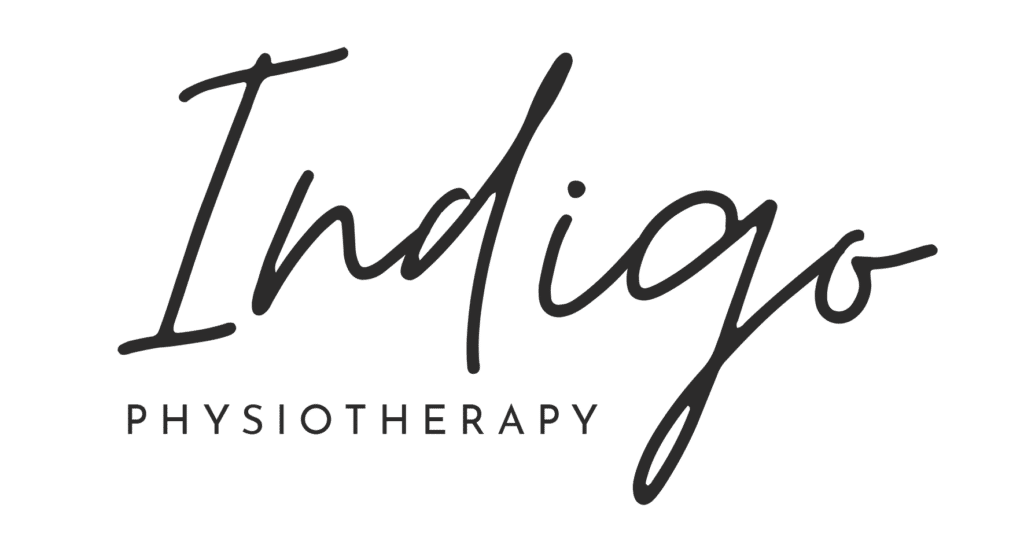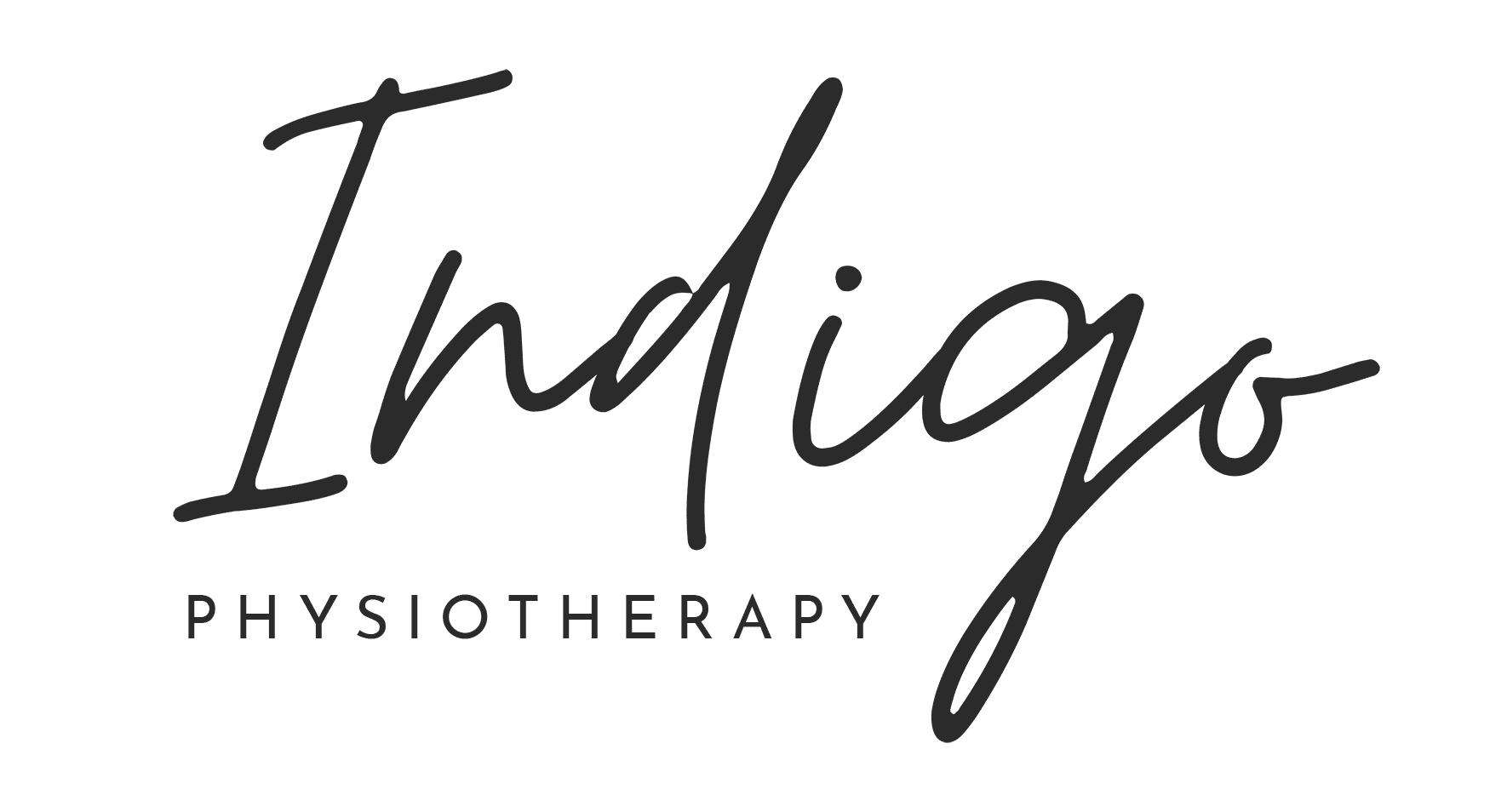Neurogenic Bowel & Bladder Dysfunction
Nerve damage to the brain, spinal cord or the nerves can all cause disruption in the function of the bladder called neurogenic bladder.
Neurogenic Bowel & Bladder Dysfunction
There are many causes for neurogenic bladder with the most common being multiple sclerosis (MS), parkinson’s disease and diabetes. Regardless of the cause, at Indigo our pelvic health experts work closely with our clients to improve bladder health and the changes experienced with neurogenic bladder.

MULTIPLE SCLEROSIS
MS can cause lesions in the brain that block signaling to the urinary system. The most common symptom of this is overactive bladder (OAB), the feeling of increased frequency and urgency to void. OAB is disrupting and frustrating. Baltimore’s pelvic health clinicians at Indigo help those with MS improve bladder control and learn how to manage the symptoms. We cannot change the brain lesions but we can change your body’s ability to control the urgency.
Bladder incontinence is also a common concern with neurogenic bladder. Leakage occurs as the signaling between the brain and the bladder is weakened. Targeted care at Indigo will help to improve your pelvic floor and core muscle coordination to control leakage. Clients with Indigo learn how to use the body in a variety of ways to overcome the neurologic system changes. Our clinicians will work with you to determine which strategies, exercises and techniques will best suit your body. At Indigo, we understand the physiologic changes of neurogenic bladder and will arm you with understanding of how to manage your bladder as changes come and go in the future.
Indigo is here to help you overcome your bladder symptoms and put YOU in control of your BLADDER!
Other common symptoms experienced with MS
- Hesitation in starting stream of urine
- Night time voiding (Nocturia)
- Incomplete bladder emptying
- Urinary incontinence (stress and urge incontinence)
PARKINSON’S DISEASE
The most common change experienced by those with Parkinson’s disease is bladder urgency and frequency. This is when one feels the need to rush to the bathroom before the bladder is full and may have leakage on the way. For people with Parkinson’s disease the neurologic disconnect between the brain and the muscles of the bladder lead to the symptoms of overactivity. At Indigo, our specialty clinicians are experienced in how to improve your bladder control within the confines of Parkinson’s disease.
Targeted pelvic floor muscle coordination and control will directly improve your bladder control. We also utilize targeted bladder training programs to reduce bladder overactivity. In all, our Parkinson’s bladder program will improve the quality of your life as you live alongside Parkinson’s disease. Our goal at Indigo is to empower you to be in control of the bladder symptoms and no longer let your bladder run your life.
Stroke
After a stroke people often develop bladder incontinence. There are many different changes in the brain that can lead to bladder leakage such as physical damage to the bladder control center; the pontine micturition center (PMC). Stroke damage in this area will impact the communication between the bladder and the brain and can cause loss of bladder control. Other changes after a stroke such as altered judgment, physical awareness and memory also can lead to bladder symptoms.
Because changes in the body after a stroke are complex it is essential to work with a skilled pelvic health physical therapist to improve your physical control of the bladder. At Indigo, we work closely with each client to understand the impact of their stroke and develop a recovery program that enhances their ability to improve bladder control.
The most common bladder changes stroke survivors experience are
- Bladder incontinence (stress and urge)
- Bladder frequency and urgency
- Night time voiding (Nocturia)
- Urinary retention
- Constipation
Physical Therapy
Let’s get you back to doing what you love to do. Our practitioners have the highest possible certifications, offer deep experience across a range of both common and complex or rare issues, and are passionate about ongoing, personalized, and collaborative care with client’s entire care team, including medical doctors, wellness and alternative care providers.


